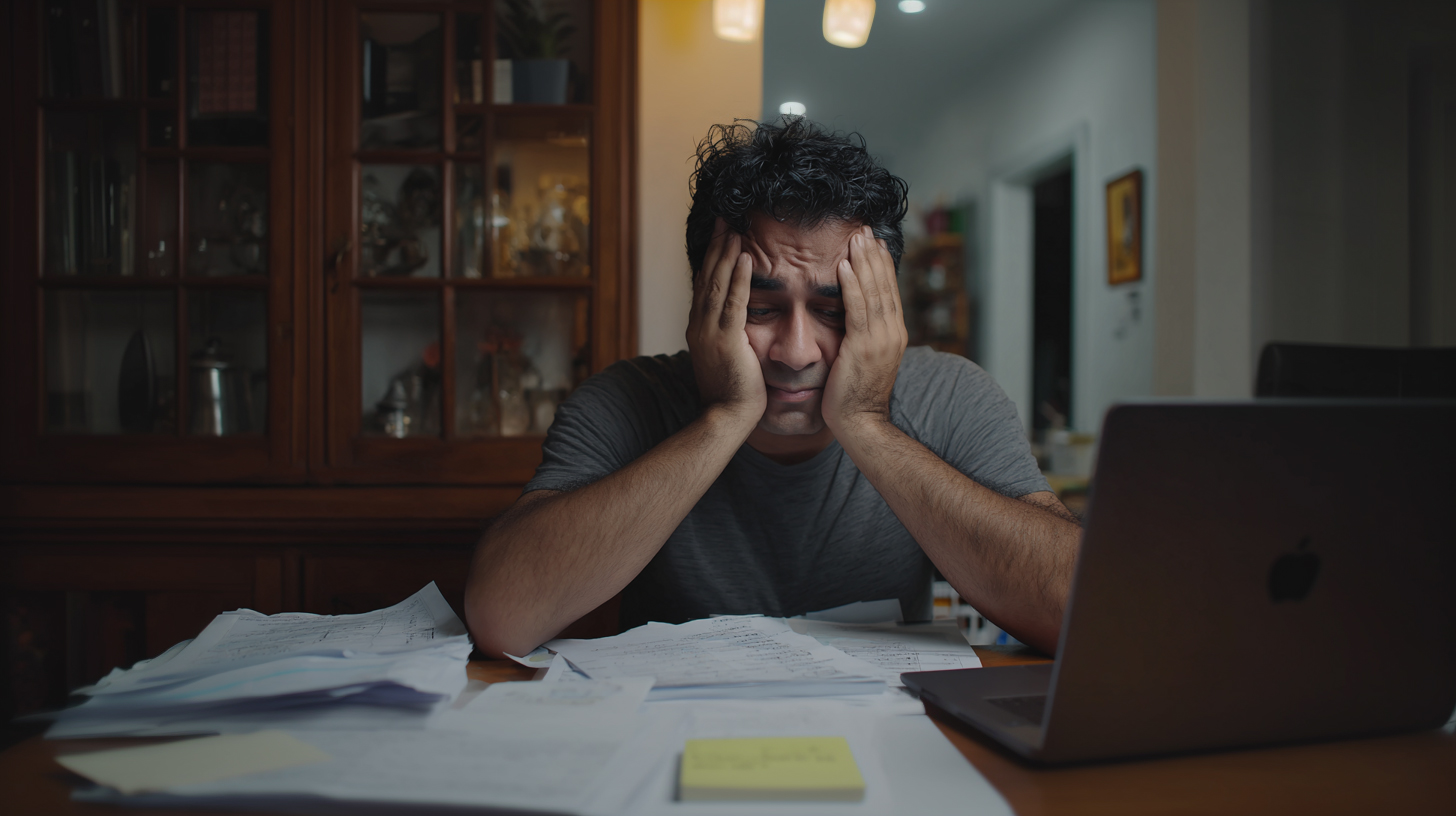Is It Laziness or Depression? How to Tell the Difference
We’ve all had days where we just don’t feel like doing anything—hitting snooze, avoiding chores, or postponing tasks. But what if this lack of energy and motivation isn’t “laziness,” but something deeper, like depression?
Many people blame themselves for being “lazy” when, in reality, they may be experiencing symptoms of depression. Understanding the difference is crucial for self-awareness and seeking the right support.
Laziness vs. Depression: The Key Difference
- Laziness is usually a temporary lack of motivation. You can do the task, you just don’t want to right now. With the right push, rest, or reward, you eventually get it done.
- Depression, on the other hand, is a mental health condition. It affects your energy, emotions, and ability to function. Even simple tasks like getting out of bed, showering, or cooking may feel overwhelming and exhausting, no matter how much willpower you apply.
Signs It Might Just Be Laziness
- Tasks feel boring or unimportant, but you can do them if necessary.
- You procrastinate but eventually catch up when deadlines press.
- Energy levels return after rest or relaxation.
- Motivation comes back when there’s a reward or excitement.
Signs It Could Be Depression
- Persistent sadness, emptiness, or hopelessness.
- Loss of interest in activities you once enjoyed.
- Fatigue or low energy that doesn’t improve with rest.
- Trouble concentrating or making decisions.
- Feeling worthless, guilty, or ashamed.
- Withdrawal from friends, family, or responsibilities.
- Changes in sleep or appetite.
If these symptoms last two weeks or more and interfere with daily life, it may be depression rather than laziness.

Why the Confusion Happens
Society often labels people who struggle with motivation as “lazy,” ignoring the possibility of underlying mental health issues. This stigma can make people blame themselves instead of recognizing they need help.
What to Do if You’re Unsure
1. Check the pattern – Is it occasional procrastination or a consistent struggle?
2. Notice emotions – Do you feel guilt, sadness, or hopelessness alongside low energy?
3. Evaluate impact – Is your work, relationships, or health suffering?
4. Talk to a professional – A psychologist can help you explore whether it’s situational laziness or depression that needs treatment.
Final Thoughts
Not every unproductive day is laziness—and blaming yourself can make things worse. If lack of motivation feels constant, heavy, or tied to feelings of emptiness, it could be depression. Remember: asking for help isn’t weakness—it’s strength.
